Guest Post by Daniel Tay, Piktochart
Daniel is a Content Strategist at Piktochart, where he writes regularly about creativity, design, and storytelling. His motto in life: Always be improving, always be loving. Check out his latest articles over at the Piktochart blog.
Back in the 1800s, American author Herman Melville was facing a problem while writing his to-be masterpiece, Moby Dick. Like many famous creative people who would come after him, he struggled against mankind’s greatest nemesis – procrastination – and even had to resort to chaining himself to his desk to be productive.
That particular story turned out pretty well. Moby Dick went on to become one of the greatest literary works of all time. Sitting at our desks mindlessly scrolling through Facebook, though, it’s hard to imagine that we could ever overcome the Instant Gratification Monkey, and get to work on the ever-increasing mounds of assignments and projects ahead of us.
Even if we did chain ourselves to our desks and get started, distractions continually attempt to try and lure us away. And unlike Melville, we live in an age of perpetual distractions which are easily accessible at the swipe of a finger. Stanford sociologist Clifford Nass says that we are “suckers for irrelevancy.”
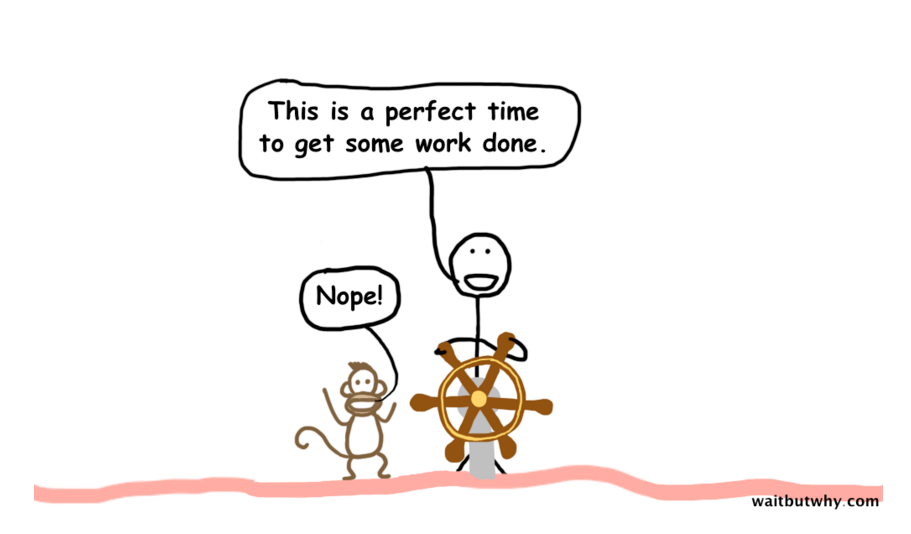
Each time we get distracted, we mess up our flow – defined as an “optimal state of consciousness where we feel our best and perform our best.” Not being in the flow is naturally very, very bad for doing actual productive work.
Read more

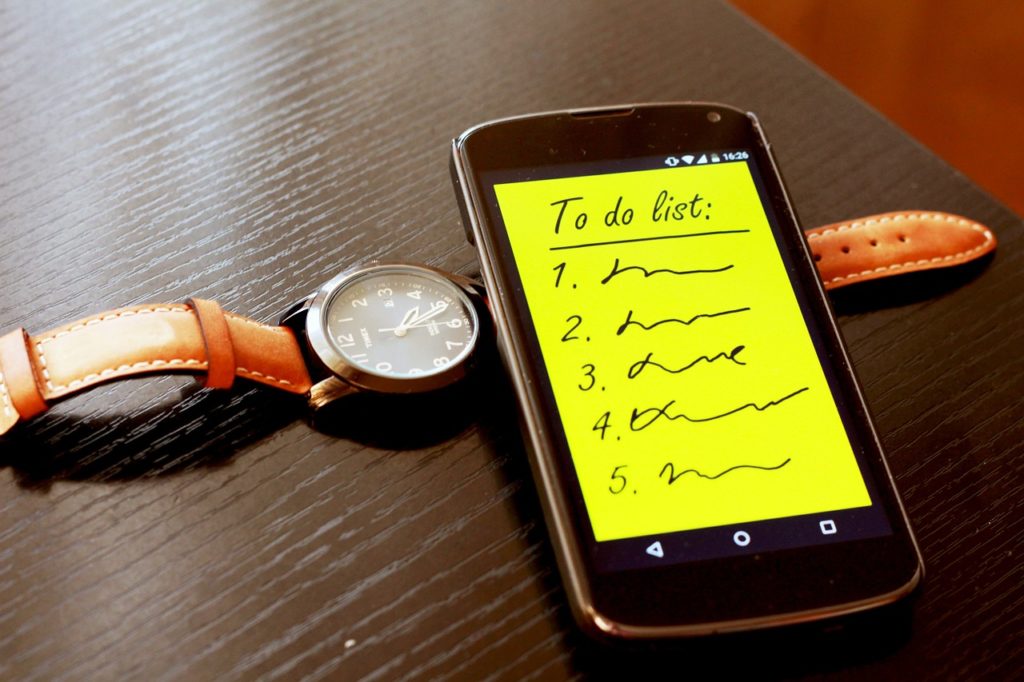
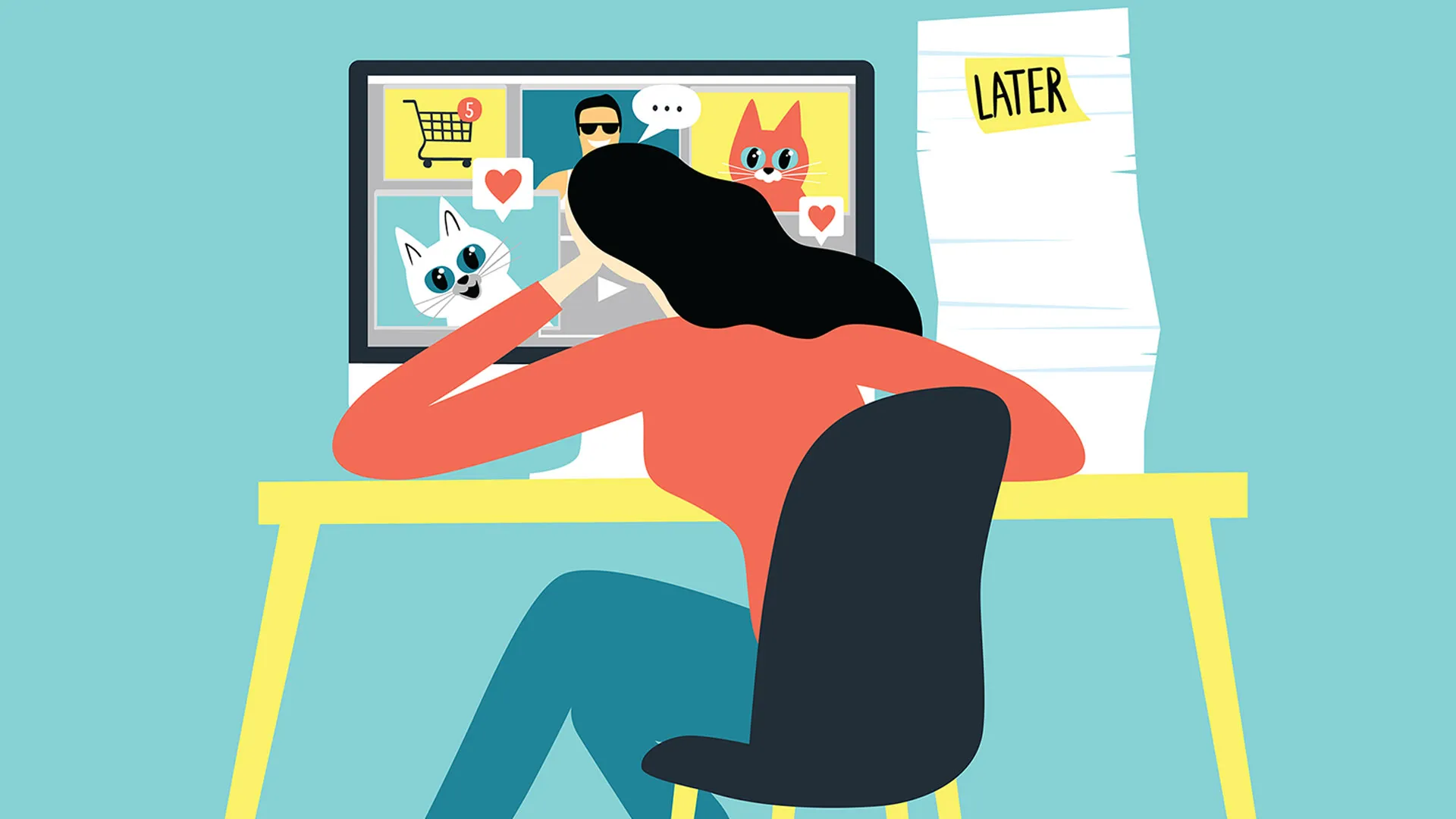
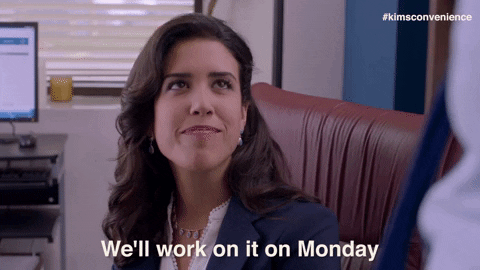
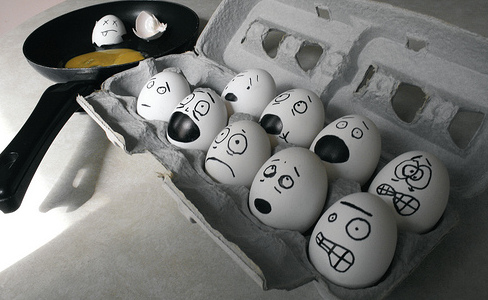
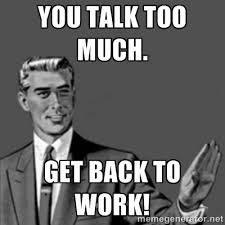
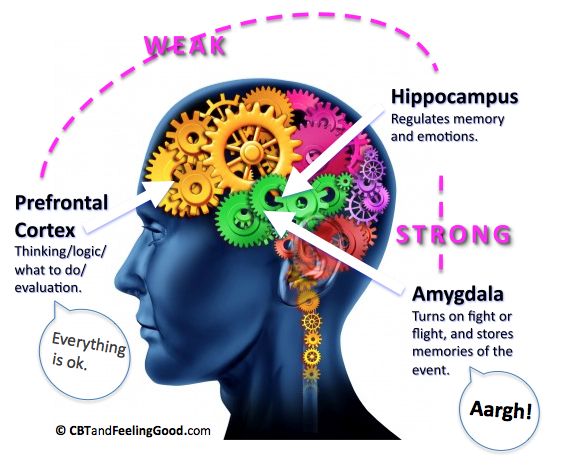

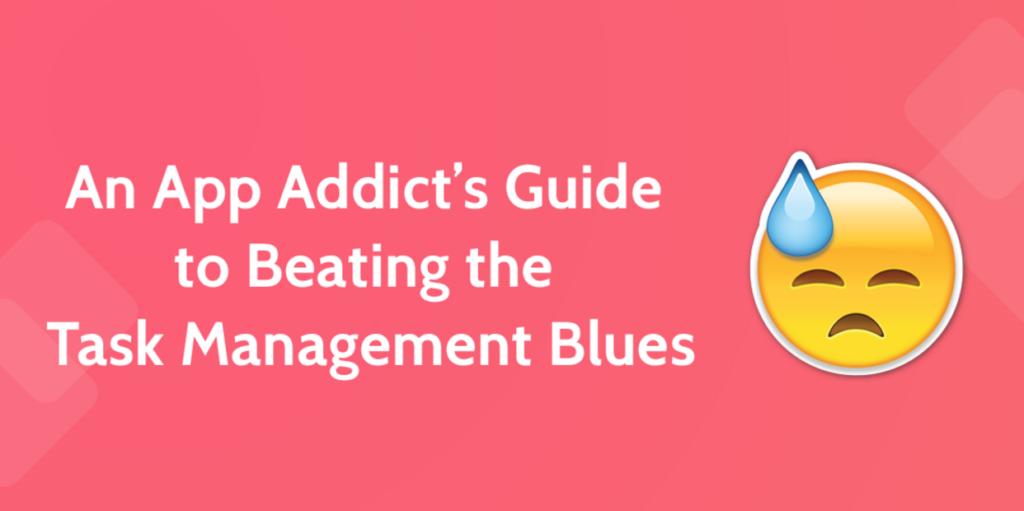

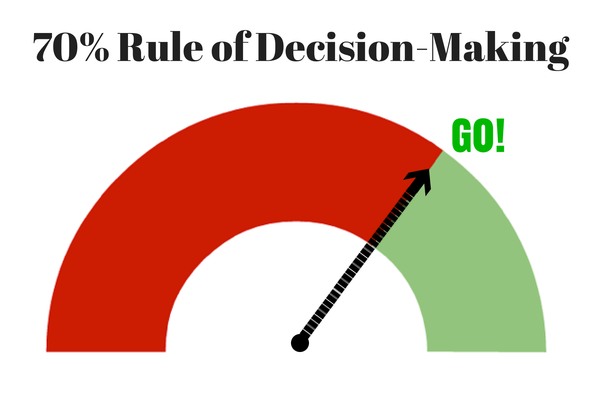
 Weekend edition of link love! Catch up with the best of what we’ve shared on the interwebs this week!
Weekend edition of link love! Catch up with the best of what we’ve shared on the interwebs this week!  Dundee’s Tip of the Week: We’re working on the start of an I Done This newsletter. Interested in being that super special person who will give us helpful feedback and suggestions? Sign up for some test runs until we learn how to fly here.
Dundee’s Tip of the Week: We’re working on the start of an I Done This newsletter. Interested in being that super special person who will give us helpful feedback and suggestions? Sign up for some test runs until we learn how to fly here.